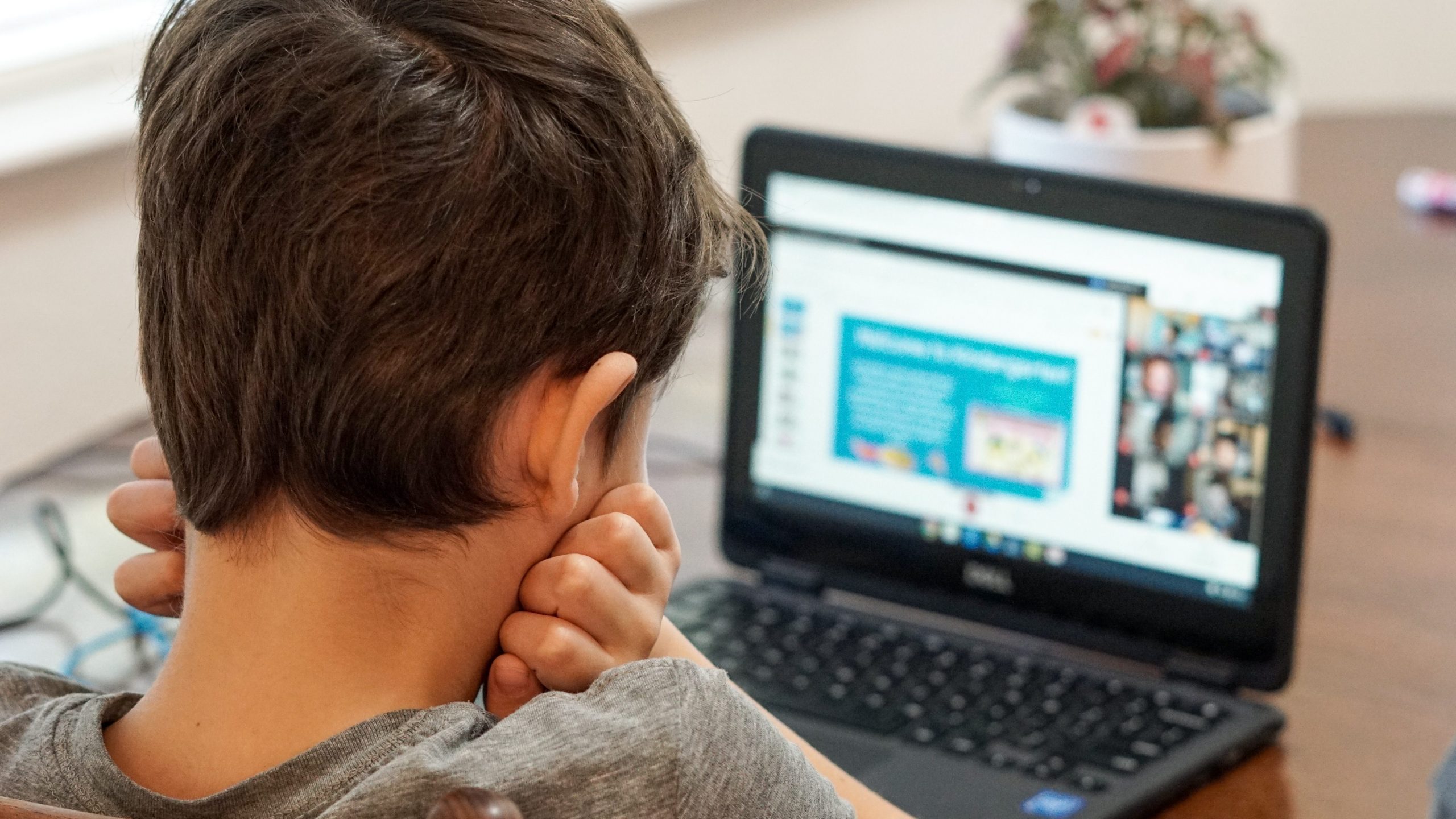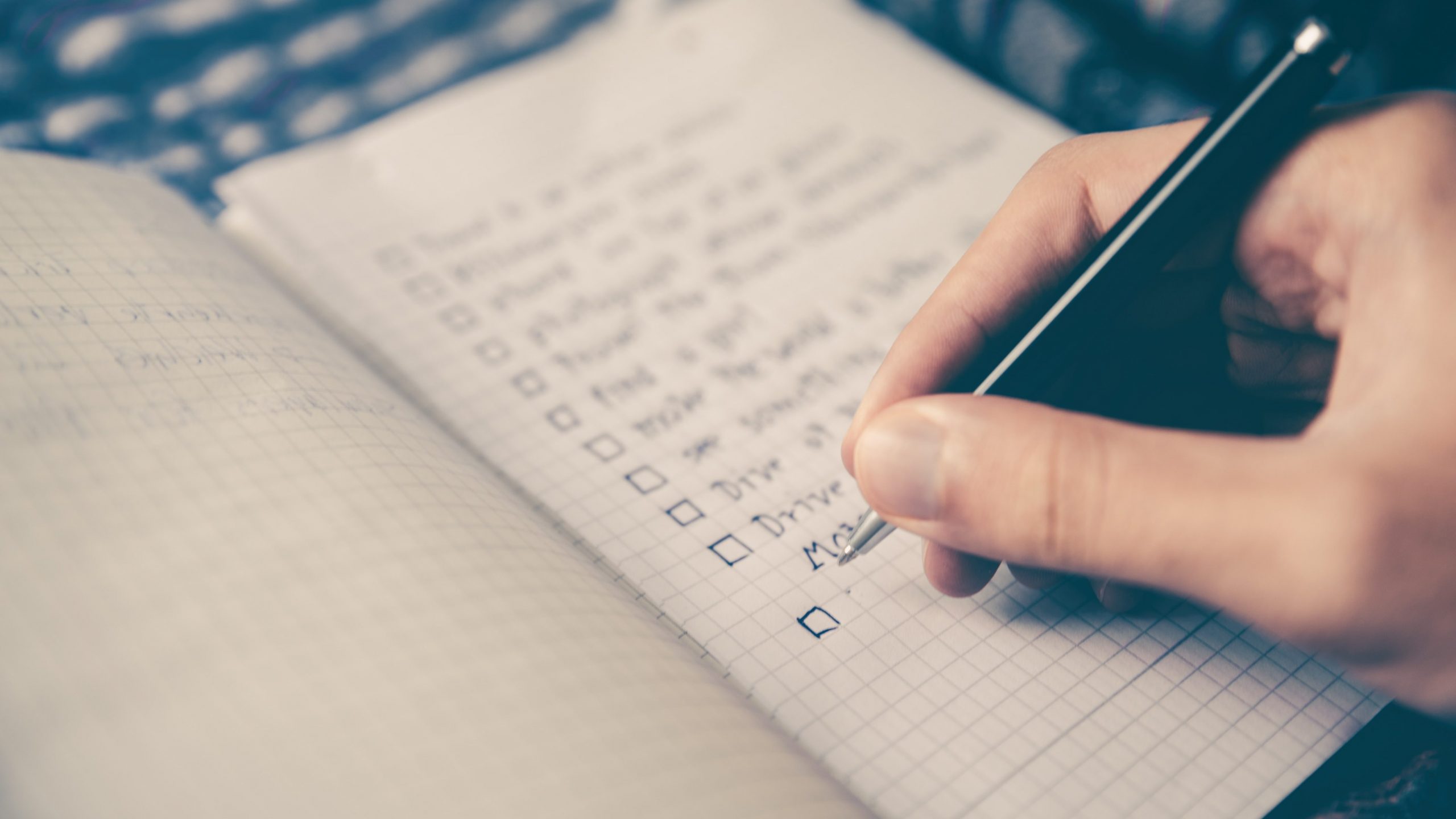Continuing our a day in the life of RKC student series, we asked some of our past and current students to share their thoughts and opinions, to give their feedback on how they handled the challenges of online learning.
There is no better way but to learn from those who came before and see if what worked for them will help you become a better student! Hopefully, this will help you to make an informed decision..
An Introduction
Who are you, really?
I am Paul M.
Which programme did you choose and why?
The MBA programme. The MBA obviously has the essential business basics, that improves our ability as leaders with contemporaneous knowledge of current best practices combined with reiteration of essential skills which every leader should know. I chose RKC because of the convenience of an online degree and the fact that it partnered with quality UK universities.
The Study Plan
How did you plan to study each module, and what was the reality? How many hours did/do you have to put in each day/or in a week?
Robert Burns’ poem To a Mouse, (1786) includes the line “the best made plans of mice and men” which is interpreted that even the best made plans will go wrong…and they did. I set aside time each evening for course reading and the online availability made it easy when traveling. Over weekends, I was locked down on Sunday evenings until midnight, regardless. Each week required at least 12 -20 hours of study time to see any progress.
What part of the day did/do you find most suitable to study? (e.g. early mornings, lunch break, evenings, weekends?)
Evenings and the occasional early morning.
How much time did you devote to each assignment?
Each class has different requirements, so this is tough to quantify. In average each assignment (Paper/ report) requires around 40 hours of self directed study and another 20 in terms of prep and writing the paper. The dissertation is a whole different time management project and requires STRUCTURE, if you cannot be structured and meet / set deadlines this will be a challenge.

Travelling and Communication
How did travelling impact your ability to study?
If there was internet, I was on the site!
How were you able to interact with peers and/or professors given the time differences?
Some direct messaging and interactions mostly on the forums. It was much more due to COVID.
A typical day as a master’s student
What does a typical day as an Online Masters’ student look like for you?
FIRST THING 1) Check forum posts
2) Check for any updates on syllabus and deadlines 3) Plan any activity for the day 4) Regular work day 5) Study one to two hours and engage on forum.

Any advice?
Any advice you have for students to better plan their studies.
Have a plan and work the plan. If you fail, reset and get back on the plan, learn to adapt to the challenges that life sends you. Above all have fun the end result is worth it.
I hope this blog has answered some of your questions, and please watch this place for similar blogs. So, if you have been thinking about doing a master’s degree and now understand how to study better for an online programme, look at our programmes and see if anything interests you.

You can also chat LIVE on WhatsApp with one of our Education Advisors for more information on all the programmes we offer, the application process, and answers to any questions you may have.















